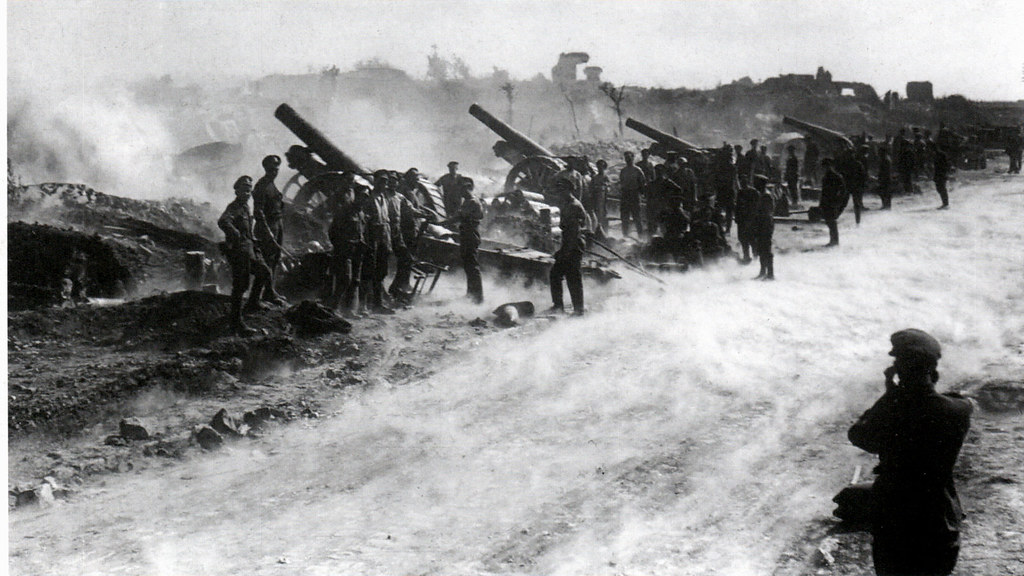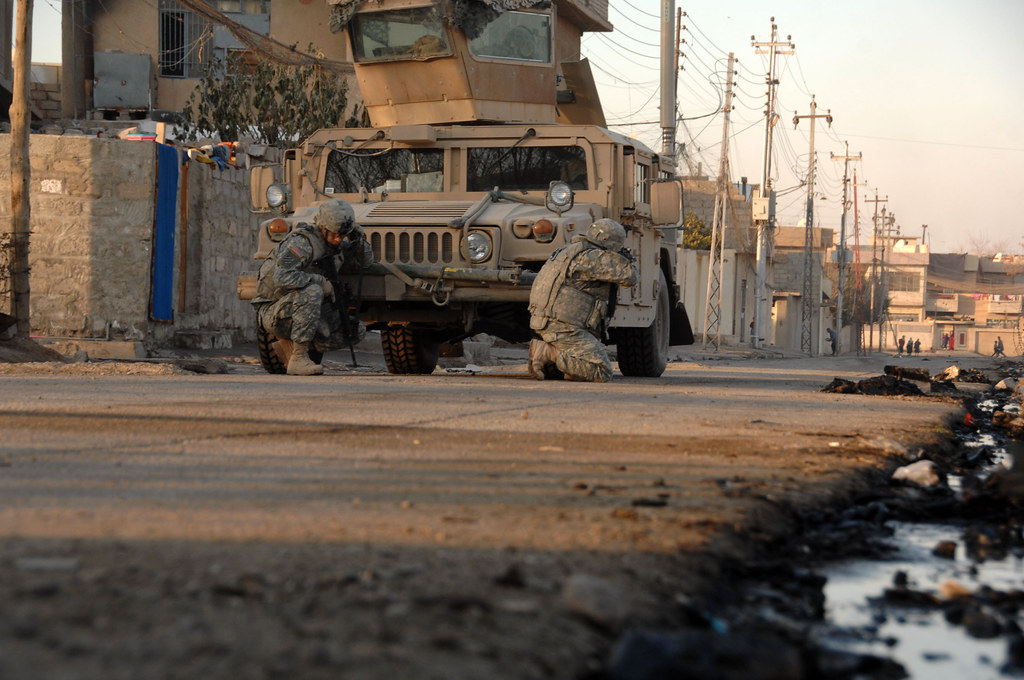Reviewed by Mario Draper.
The First World War has frequently been described as a watershed moment. Arthur Marwick, for instance, famously put forward the notion that the resultant social, economic, and political change qualified it as the first total war. The impact on the institution of monarchy was no less dramatic, with the abrupt demise of the Romanovs, the Hohenzollerns, and the Habsburgs, as well as the resultant fall of the Ottoman dynasty a few years later. Nevertheless, a systematic study of monarchy’s role and influence during the First World War has received relatively little attention. This is all the more evident in terms of comparative history, where even The Cambridge History of the First World War only tackles the question of monarchy within the framework of civil-military relations (the autocracy vs democracy debate), which naturally extends its scope to include a study of the participating republics. To this end, Matthew Glencross and Judith Rowbotham’s conference and ensuing published proceedings, Monarchies and the Great War, provides a useful addition to the plethora of publications that have accompanied the Centenary of the First World War.
Leave a Comment

